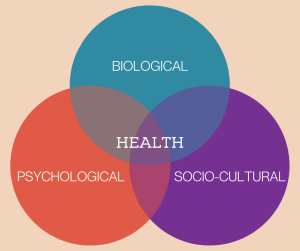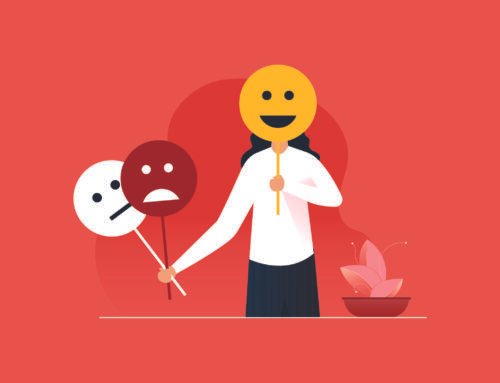WHAT ARE THE CAUSES OF MENTAL ILLNESS?
By Srishti Agrawal, Clinical Psychologist
Mental illness is caused by issues associated with the changes in the way the brain works and changes in your feeling, thinking, and behavior. Mental illnesses occur due to a combination of many factors.

BIOLOGICAL CAUSES OF MENTAL ILLNESS:
Genetics: People who have a family member with a mental illness are more prone to develop one in themselves.
Fatal Infections: Various infections can damage brain cells and cause mental illness. For example, the pediatric autoimmune neuropsychiatric disorder can lead to OCD.
Chemical Imbalance: Excess stress can cause an imbalance of natural chemicals in your brain and your body leading to the worsening of mental health condition.
Brain Injury: Any serious injury to some areas of the brain has also been linked to some mental illnesses. Prenatal Damage: Some disruption at the time of birth like loss of oxygen to the brain can cause mental illness, for example- autism spectrum disorder.
PSYCHOLOGICAL CAUSES OF MENTAL ILLNESS:
Traumatic Event: Any kind of traumatic event such as natural calamity, war, domestic violence, rape, physical assault, bullying, etc. can lead to mental illness. Examples include post-traumatic stress disorder.
Negative Thoughts: Constantly having and believing in negative thoughts make a person more anxious stuck them in a cycle of depression or anxiety.
Unhealthy Habits: Habits like sleeplessness, lack of exercise, and poor diet are important risk factors of causing mental illness.
Substance Abuse: Long-term and constant substance abuse has been associated to anxiety, depression, bipolar disorder, and worsening of mental health conditions.
Emotional Abuse: Experiencing abuse like physical, sexual, emotional, or verbal abuse increases the risk of anxiety, depression, and post-traumatic stress disorder.
ENVIRONMENTAL CAUSES OF MENTAL ILLNESS:
Stressful Environment: Living in a stressful environment like in poverty, unemployment, an abusive family, or divorce can worsen your mental health condition.
Sudden Death: Sudden death of a near and dear one can be very stressful to some people, to an extent that they develop depression or anxiety.
Changing Jobs or Schools: These changes in life can put you in having mixed feelings of inadequacy, anger, or loneliness making you susceptible towards mental illness.
Social Beliefs: Some unrealistic social expectations like a society that associates beauty with thinness can be a factor of developing an eating disorder.
Gender-Based Discrimination and Stigma: People facing discrimination based on skin color, belonging to the LGBTQIA community, and people with disabilities are prone towards mental illness.
Chronic Illness: Some terminal diseases such as HIV- AIDS, and cancer can lead to mental illness.
CONCLUSION:
Mental health illness can feel very personal and if you are suffering from prolonged disturbing thoughts, emotions, and behavior, it’s better to seek the professional help of a psychiatrist and psychologist.





